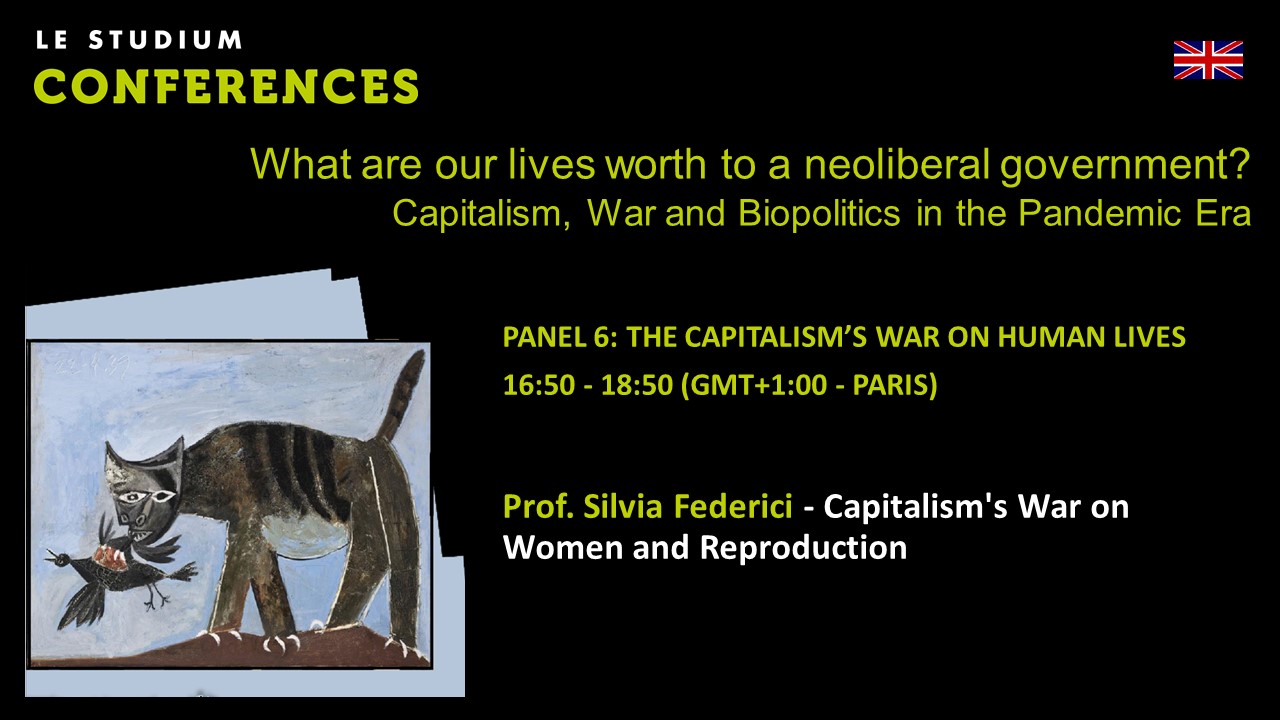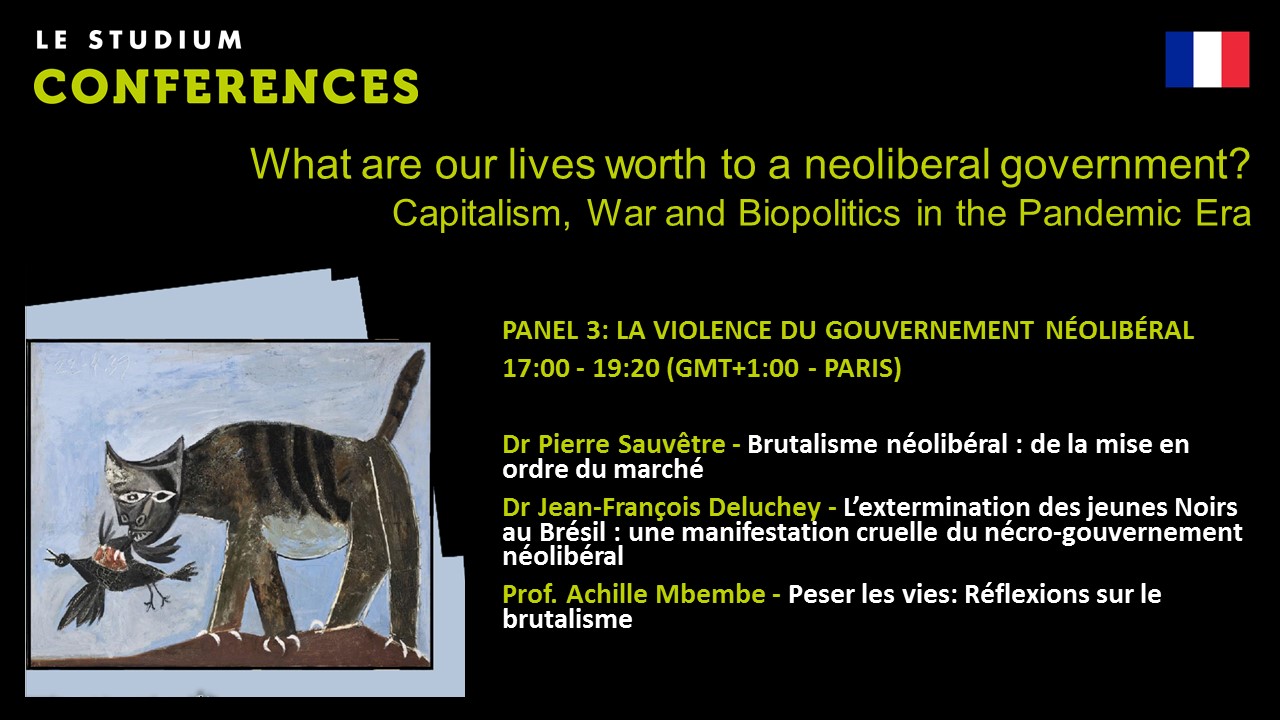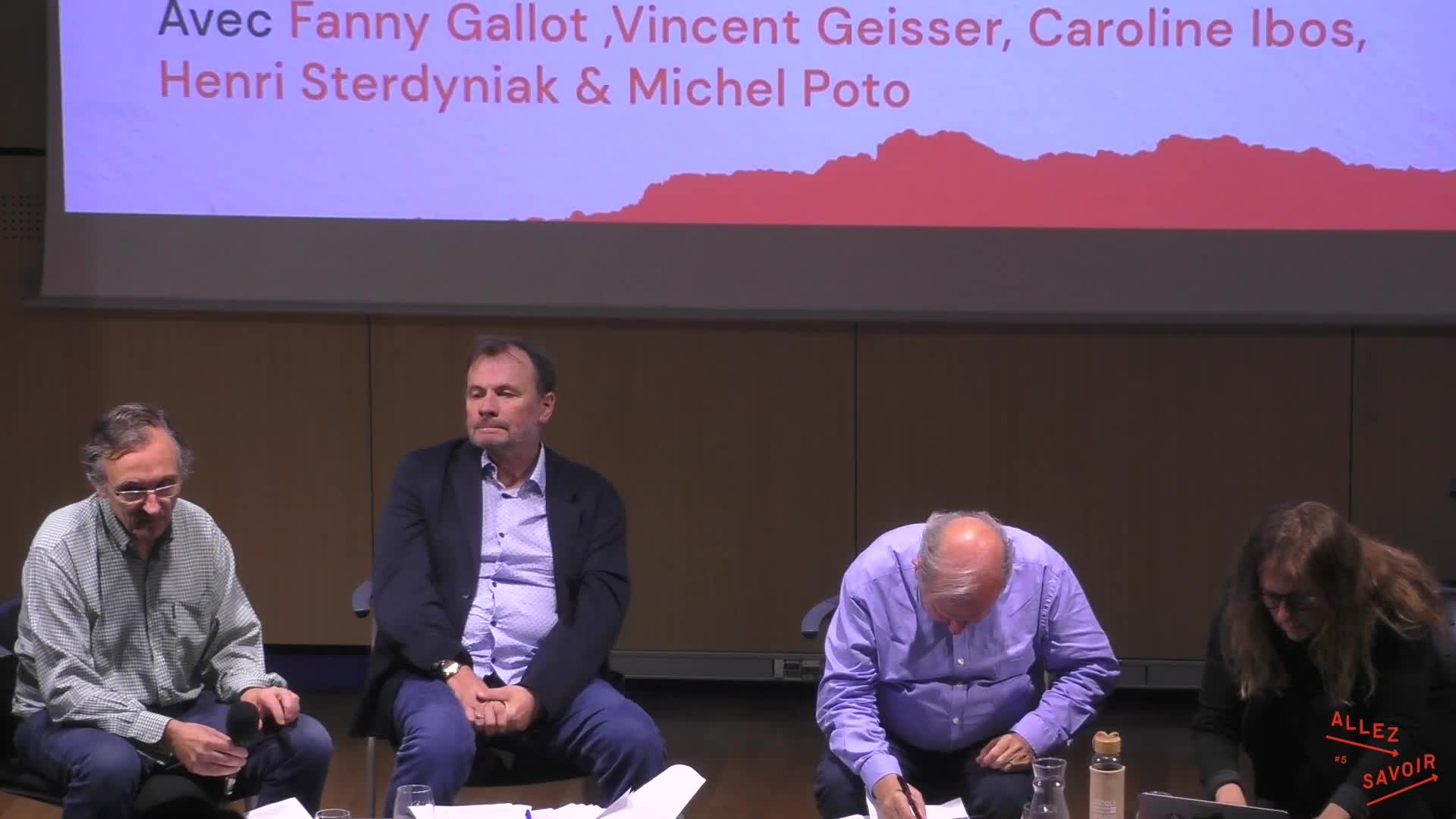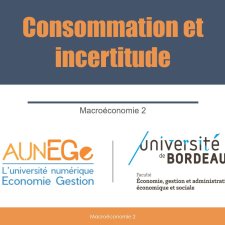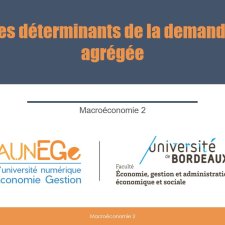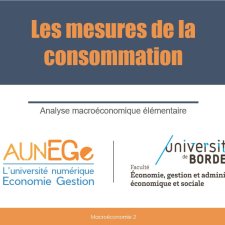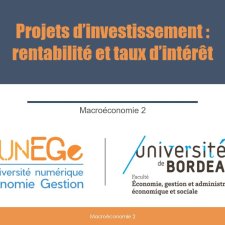Notice
PANEL 5: NÉOLIBÉRALISME, AUTORITARISME ET NÉO-CONSERVATISME
- document 1 document 2 document 3
- niveau 1 niveau 2 niveau 3
Descriptif
Moderator: Dr Jean-François Deluchey (Cultural and Discursive Interactions (ICD) / University of Tours - FR & Federal University of Pará - BR)
Prof. Anselm Jappe (Academy of Fine Arts, Sassari - IT) - Critique du néolibéralisme et anticapitalisme tronquée : une mise en garde
Depuisquelques années, de nombreuses critiques sont adressées de nouveau aucapitalisme. Mais qu’est-ce qu’on entend par « capitalisme » ?Très souvent, celui-ci se trouve identifié à ce qui n’est qu’une de ses formeshistoriques, la plus récente : le néolibéralisme, dominé par la finance.Les fondements du capitalisme, c’est-à-dire la marchandise et l’argent, lavaleur et le travail sont tacitement considérés comme « naturels »,voire positifs, et la critique se concentre presque exclusivement sur la gestionactuelle de ces fondements, en indiquant dans la sphère financière la seulecause du lamentable état du monde. Mais un tel « anticapitalismetronqué » n’est pas seulementinsuffisant, il est même dangereux : en personnalisant les responsabilitéset en sanctifiant les « honnêtes travailleurs », il peut débouchersur le populisme, le conspirationnisme, l’antisémitisme. La critique radicaledes catégories de base du capitalisme n’est pas un « luxe »théorique, éloigné de la praxis, mais constitue la condition principale afinque l’anticapitalisme soit vraiment émancipateur.
Prof. Juliette Grange (Cultural and Discursive Interactions (ICD) / University of Tours – FR) - Le néoconservatisme : le retour à l’ordre moral et religieux comme instrument de l’imposition des valeurs du marché
Cette communication tentera de définir une variété particulière denéolibéralisme : celle que mettent en œuvre les régimes néoconservateurscontemporains (Brésil, Europe de l’Est). La liaison entre un État nationalautoritaire, le retour aux valeurs familiales et au rôle social de la religion,une application des valeurs du marché aux institutions et à la société est-elleleur principale caractéristique ? On s’interrogera sur l’avenir desdémocraties illibérales en particulier en France.
Prof. Pierre Dardot (Sophiapol / GENA, Paris-Nanterre University - FR) - Néolibéralisme ou libéralisme autoritaire?
Le néolibéralisme comme doctrine politique s’est formé au début des années1930 dans un contexte singulier : conquête du pouvoir par le fascisme enItalie, émergence d’Etats autoritaires, montée du nazisme en Allemagne. Cesconditions historiques très particulières, loin d’être purement accidentelles,ont contribué à donner au néolibéralisme sa physionomie durable, notamment sa prédilectionpour l’Etat fort, sinon dictatorial. Par là le néolibéralisme se distingue dulibéralisme du XXe siècle, notamment du libéralisme manchestérien. La dénomination de « libéralisme autoritaire »,forgée par le philosophe Hermann Heller en 1933 pour rendre compte des prisesde positions de Carl Schmitt à la veille de l’accès du nazisme au pouvoir, aété de nos jours reprise pour caractériser le néolibéralisme lui-même. Cette dénomination est cependant confuse ence qu’elle donne à entendre une continuité entre libéralisme et néolibéralisme,ce dernier ne se distinguant que par la combinaison d’un autoritarismepolitique et d’un libéralisme économique. En réalité, le néolibéralisme doitson originalité à la combinaison de l’Etat fort et d’un interventionnismejuridique prenant la forme d’un constitutionnalisme de marché.
Thème
Dans la même collection
-
Panel 6: the capitalism's war on human lives
For Silvia Federici, the various forms assumed by neoliberal capitalist globalization compose a frontal attack on the reproductive labor force and the power of women.
-
PANEL 3: LA VIOLENCE DU GOUVERNEMENT NÉOLIBÉRAL
Moderator: Dr. Maboula Soumahoro (Cultural and Discursive Interactions (ICD) / University of Tours - FR) Dr Pierre Sauvêtre (Sophiapol / GENA, Paris-Nanterre University - FR) - Brutalisme néolibéral
-
PANEL 1: THE NEOLIBERAL PANDEMIC (DIS)ORDER, CARING AND SOLIDARITIES
Moderator : Prof. Nathalie Champroux (Cultural and Discursive Interactions (ICD) / University of Tours - FR) Dr Antonio Pele (Pontifical Catholic University of Rio de Janeiro - BR) - Brazil in Times
-
PANEL 4: LA VALEUR NÉOLIBÉRALE DE L’HUMAIN
Moderator: Prof. Juliette Grange (Cultural and Discursive Interactions (ICD) / University of Tours - FR) Dr Alfredo Gomez-Muller (Cultural and Discursive Interactions (ICD) / University of Tours
-
PANEL 2: LE NÉOLIBÉRALISME ET LA “GUERRE CIVILE MONDIALE"
Moderator: Prof. Elisabeth Gavoille (Cultural and Discursive Interactions (ICD) / University of Tours - FR) Prof. Jorge Cagiao Y Conde (Cultural and Discursive Interactions (ICD) / University of Tours
Sur le même thème
-
Qui a peur des sciences sociales ? Libertés académiques et culture de l'excuse
GeisserVincentGallotFannySterdyniakHenriPotoudisMichelLes sciences humaines et sociales sont de plus en plus attaquées alors qu’une production accrue de savoirs est nécessaire...
-
Tokyo, plus grande « ville » au monde : aménager et gouverner la démesure
Languillon-AusselRaphaëlAvec ses quelques trente-cinq millions d’habitants, Tokyo est la « ville » la plus peuplée au monde, et l’une des métropoles les plus riches. Cette présentation vise à décrire, analyser et expliquer,
-
Actualité de la Turquie : L'évolution des institutions
GrocGérardL'ascension d'Erdogan sur la scène politique turque s'est accompagnée d'une concentration des pouvoirs entre ses mains et d'un encadrement de la société. Politique culturelle et éducative,
-
L'approche par la dépense du PIB et les grandes fonctions macroéconomiques
Maveyraud-TricoireSamuelL'approche par la dépense du PIB et les grandes fonctions macroéconomiques
-
-
-
-
Les déterminants de la demande agrégée
Maveyraud-TricoireSamuelLes déterminants de la demande agrégée
-
La théorie du revenu permanent et la notion de richesse
Maveyraud-TricoireSamuelLa théorie du revenu permanent et la notion de richesse
-
Présentation du mécanisme du multiplicateur
Maveyraud-TricoireSamuelPrésentation du mécanisme du multiplicateur
-
-
Projet d'investissement : rentabilité et taux d'intérêt
Maveyraud-TricoireSamuelProjet d'investissement : rentabilité et taux d'intérêt

